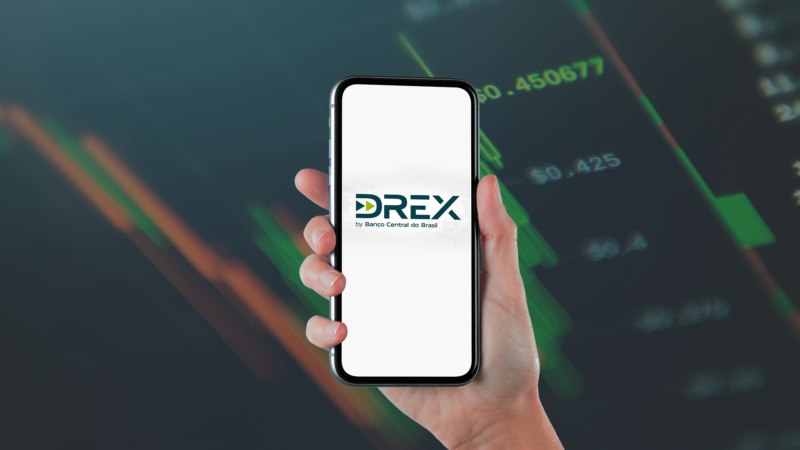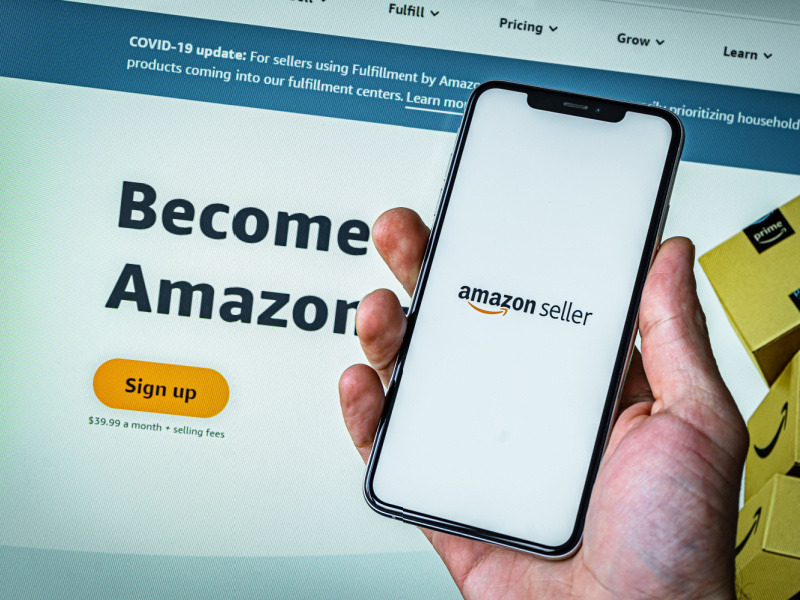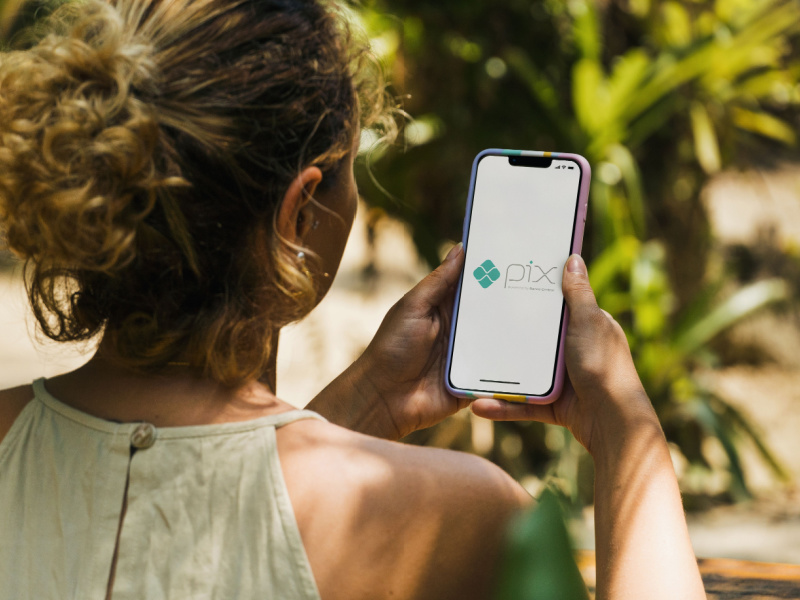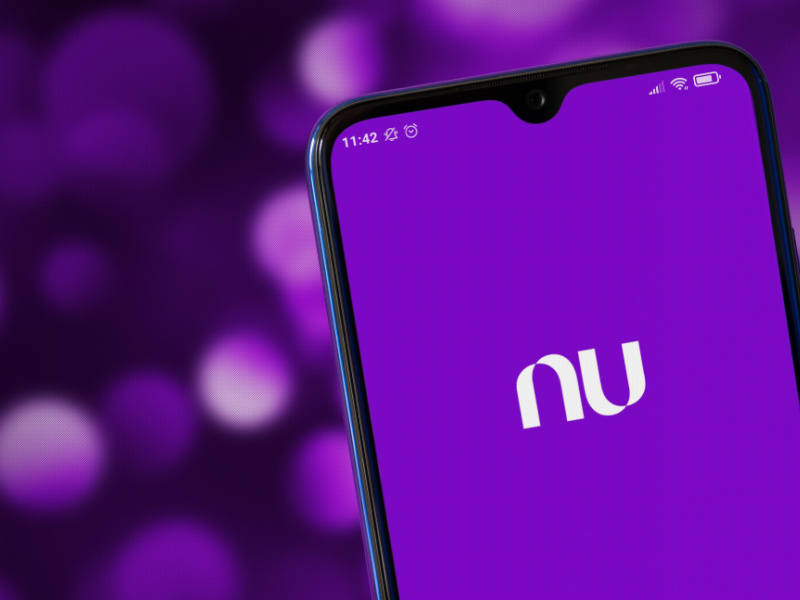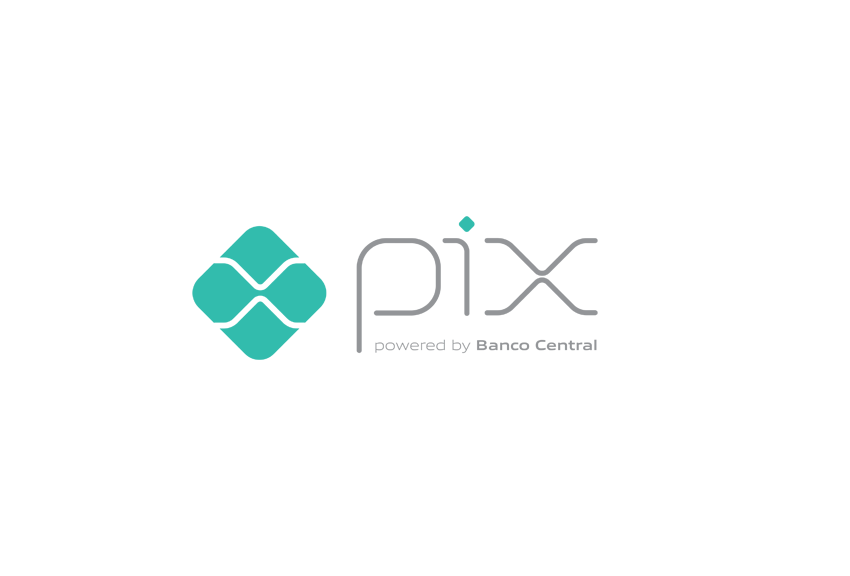Payment Service Provider or PSP: what to consider when choosing one
12/11/2021Find out what a payment service provider can do for your business and what to consider when choosing a solution to receive payments online.
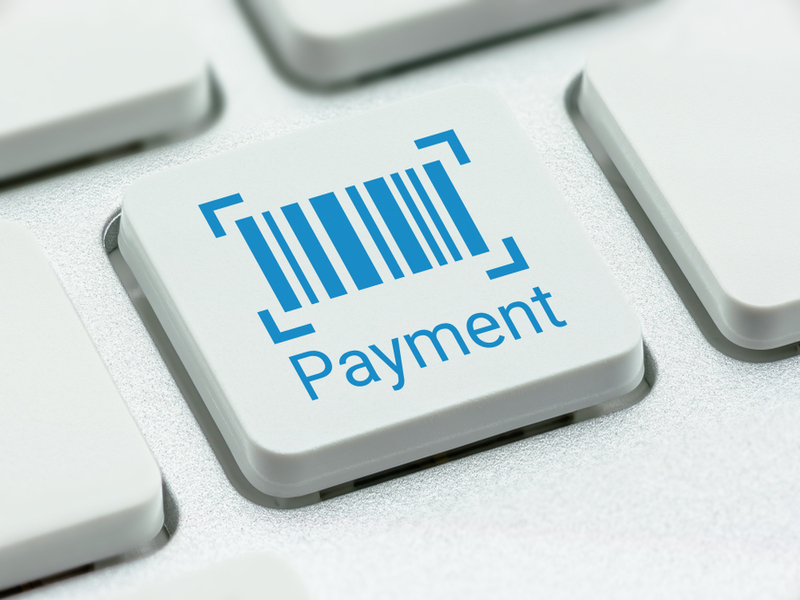
A payment service provider (or simply PSP in the payment market lingo) is a solution that integrates virtual stores with card acquirer’s banks and alternative payment methods. In other words, the payment provider allows the merchant to receive payments online, which, in the case of Bexs can be made via credit card, debit card, bank transfer or via Pix.
In this article, you’ll understand why it pays to use a payment service provider and what details need to be noted on a PSP in order to be considered a good digital payment partner.
What is a PSP and why you need a payment service provider
Nobody can deny that Brazilian e-commerce is constantly expanding. According to the Webshoppers 44 report, carried out by Ebit | Nielsen in partnership with Bexs Banco, a new record was broken in the first half of 2021: Brazilian e-commerce sold R$ 53.4 billion in the period. Compared to the same period in 2020, the growth was 31%.
Numbers don’t lie and show that being the digital channel has everything to be a profitable activity. But how to receive digital payments in the best way, both for e-commerce and for the consumer?
The payment service provider is currently a good, complete and secure solution among online payment methods. With a PSP, it is possible to have a high performance in transactions and at the same time have very easy integration with all the parties involved in a payment.
In practice, a payment provider is able to establish communication with all payment options to carry out digital transactions and offer e-commerce a series of additional services, such as fraud protection and the possibility of accepting different payment methods online.
Payment Gateway and PSP: Why choosing a Payment Service Provider is better
An online payment gateway is also an option that attracts a lot of interest from merchants. The solution allows a merchant to integrate faster but keeping the contractual relationship with its payment provider, making it easier for companies to integrate and receive payments online. Among its main advantages are the easy integration of the system to the e-commerce platform, transparency at the checkout, and multiple associated services depending on the choice such as reporting, fraud and dispute management, PCI DSS requirements, onboarding etc.
On the other hand, there are some disadvantages as well: the need to establish contractual relationships with several credit card & payment providers acquirers and additional associated costs for each service to be consumed which when put together can be way higher than using a traditional PSP. Even the best payment gateways will offer some downsides.
PSP: convenience and security to receive payments online
By using a payment service provider, an e-commerce can accept all payment methods, with just a single contractual relationship. Offering local payment methods is a way to expand the reach of an international store, thus gaining new customers and, consequently, increasing sales volume. In Brazil, about 95% of consumers prefer to use these means of payment.
Checkout can be transparent, as is the payment gateway. Your customers will feel much more secure in sharing their data and following up with a fully local experience, which can help reduce cart abandonment.
Speaking of security, PSPs already have a fraud solution, but still allow additional forms of protection to be integrated via API. In addition, the payment service provider must have the PCI DSS seal.
Completing the list of advantages of this system, most PSPs offer the merchant the option of receiving payment in advance or opting for a fixed date for settlements. Choosing such a payment provider means having less bureaucracy to deal with and being able to focus more on business development.
How to choose a good PSP
Now that you understand why the payment service provider is the best option for e-commerce companies of any size and geographic location, you need to know what to take into consideration when choosing the one that will be your partner in time to make digital transactions. Check out some tips below:
– Make sure that with your chosen PSP you can receive online payments in different ways, including the payment link, embedded and transparent checkout;
– Check what anti-fraud system are on offer and if you can use your own and the level of PCI Compliance certification of payment APIs;
– Be aware of the additional features that PSP offers and that can be decisive for conversions. One-click purchase options, recurring payments, smart routing and retry payment attempts are some examples;
– Find out if the solution integrates easily with the e-commerce platform you use and if a plugin is available which will make the integration much easier;
– Be aware of the stability history of the options you are considering. Few things are worse for an e-commerce than losing sales due to system crashes, always as for uptime in the past years and reasons behind;
– See how the chosen companies provide support and service ask customers of their sand always demand SLAs.
Meet Bexs PSP
Bexs PSP solution has features that make it much easier to sell in Brazil from anywhere in the world. With Bexs, your store can accept local payment methods – all of them, credit cards with installments debit cards, boleto and bank transfers, including Pix – and you can receive the value of sales anywhere in the world.
With payments and FX integrated, your customers have access to product prices already converted to local currency, with all fees calculated and included, which increases conversions in your checkout . The better the customer experience, the more conversions increase.
In addition, you choose how the integration with your e-commerce platform will be carried out: through API integration, Embedded CheckOut or Payment Link Bexs Dashboard. Bexs is PCI DSS Level 1 Certified.
Bexs has a team of specialists ready to assist you. Contact us and find out more about the unique solution that combines international and FX payments.
